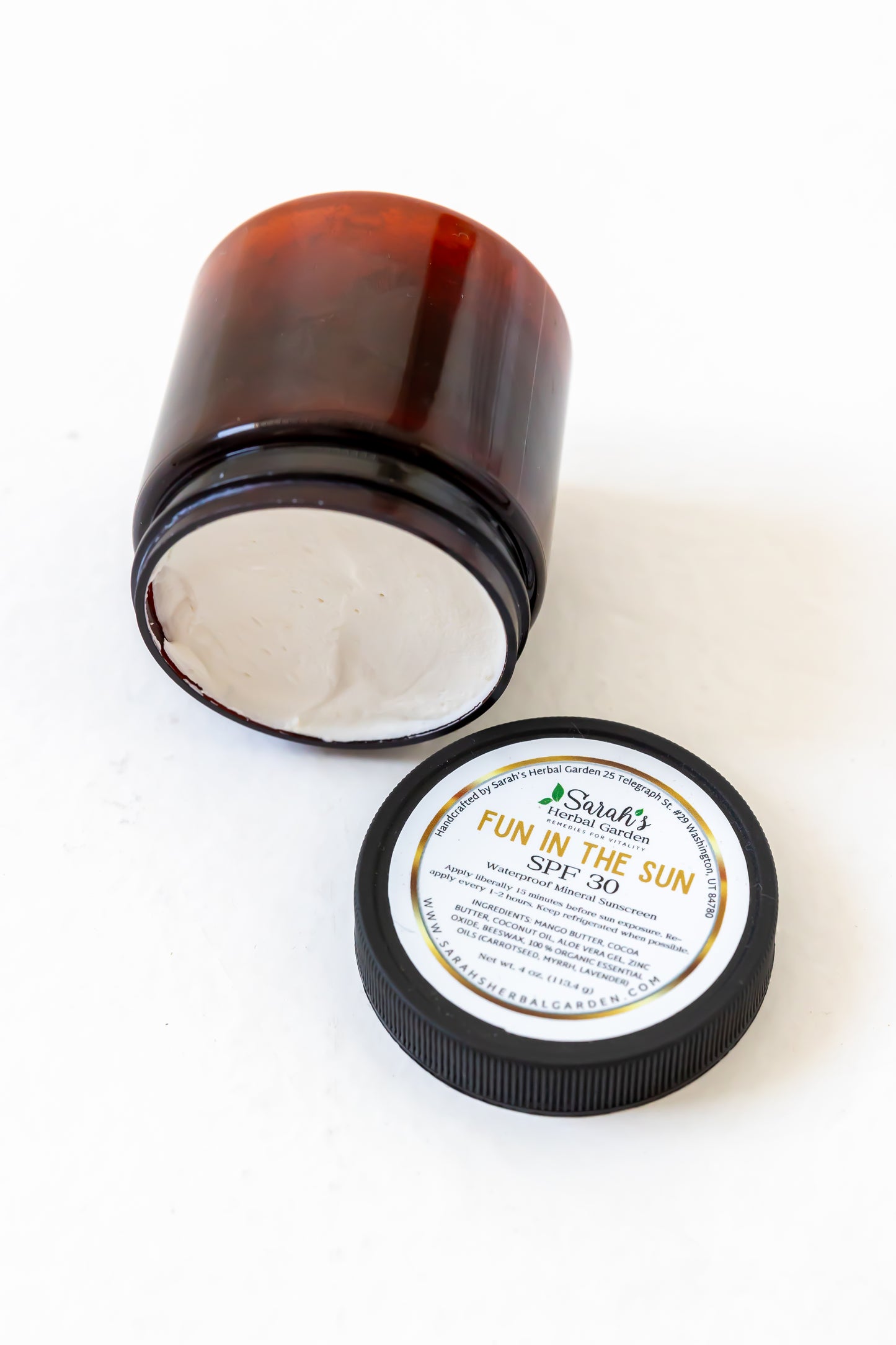
Carrot Seed
Scientific Name: Daucus Carota
Herbal Profile: Carrot Seed (Daucus Carota)
Botanical Information
- Common Name: Carrot Seed
- Scientific Name: Daucus carota
- Family: Apiaceae
Description
Carrot seeds are derived from the wild carrot plant, also known as Queen Anne's Lace. The seeds are small, brown, and have a slightly rough texture.
Active Constituents
- Volatile Oils: Carotol, pinene, limonene
- Flavonoids: Luteolin, apigenin
- Vitamins and Minerals: Vitamins A, C, K, potassium, calcium, magnesium
Traditional Uses
- Digestive Health: Used to relieve indigestion, bloating, and gas.
- Diuretic: Helps in promoting urine production and detoxification.
- Menstrual Health: Traditionally used to regulate menstrual cycles and alleviate menstrual pain.
- Skin Health: Applied topically for its antiseptic and anti-inflammatory properties, often used in skincare products.
Modern Applications
- Essential Oil: Carrot seed oil is used in aromatherapy and skincare for its rejuvenating properties.
- Herbal Medicine: Used in teas and tinctures for digestive and menstrual health.
Dosage and Administration
- Infusion: 1 teaspoon of dried seeds per cup of boiling water, steep for 10-15 minutes. Consume up to 3 times a day.
- Tincture: 2-4 ml, taken 3 times a day.
- Essential Oil: Diluted in a carrier oil and applied topically, or diffused for aromatherapy.
Precautions and Contraindications
- Pregnancy: Should be avoided due to its potential to stimulate uterine contractions.
- Allergies: Individuals allergic to plants in the Apiaceae family should use with caution.
- Photosensitivity: Can increase sensitivity to sunlight when used topically, leading to skin irritation or sunburn.
Research and Evidence
- Antimicrobial Properties: Studies suggest carrot seed oil has antimicrobial and antifungal effects.
- Antioxidant Activity: Contains compounds with significant antioxidant properties, beneficial for overall health and skin protection.
Summary
Carrot seed is a versatile herbal remedy with a long history of use in traditional medicine. Its modern applications in skincare and digestive health make it a valuable addition to natural health practices. However, care should be taken with its use, especially during pregnancy and in individuals with certain allergies.
1
/
of
3
Sarah's Herbal Garden
Fun in the Sun {Mineral Sunscreen}
Regular price
$7.00 USD
Regular price
$14.00 USD
Sale price
$7.00 USD
Unit price
/
per
Shipping calculated at checkout.
Share




